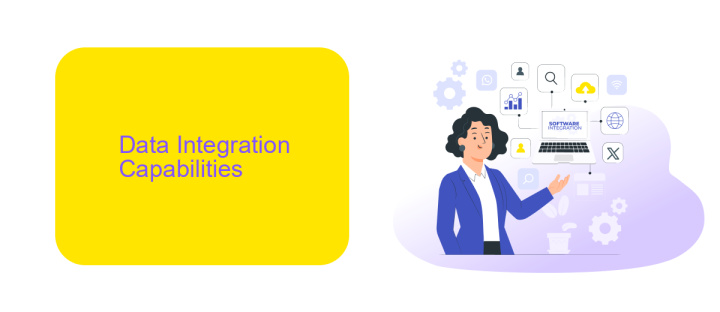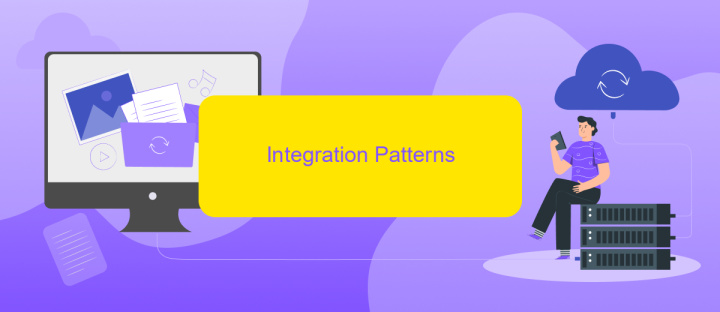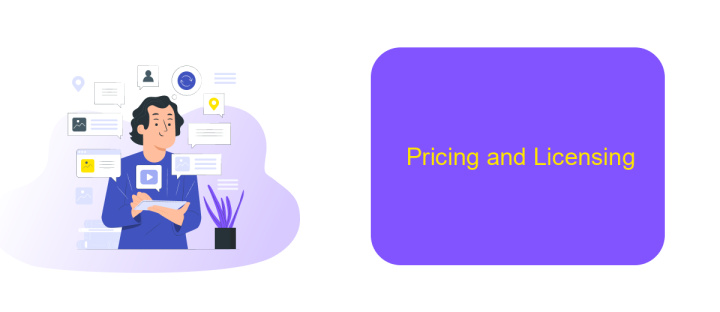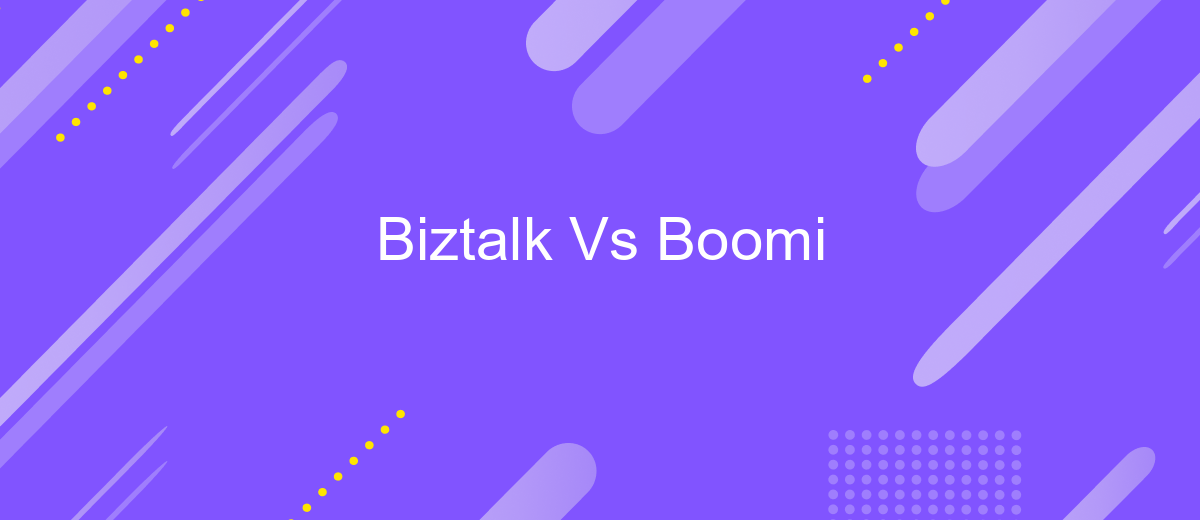Biztalk Vs Boomi
In the rapidly evolving landscape of enterprise integration, choosing the right platform is crucial for seamless operations. BizTalk and Boomi are two prominent contenders, each offering unique strengths and capabilities. This article delves into a comparative analysis of BizTalk and Boomi, exploring their features, benefits, and potential drawbacks to help organizations make an informed decision tailored to their specific needs.
Introduction
In today's fast-paced digital landscape, businesses are increasingly reliant on integration platforms to streamline their operations and ensure seamless data flow between various systems. BizTalk and Boomi are two prominent players in this domain, each offering unique features and capabilities to meet diverse integration needs.
- BizTalk: A robust, on-premises integration solution from Microsoft.
- Boomi: A versatile, cloud-based integration platform by Dell Boomi.
- ApiX-Drive: An intuitive service for automating integrations without coding.
Choosing the right integration platform can significantly impact your business's efficiency and scalability. This comparison will delve into the key differences between BizTalk and Boomi, helping you make an informed decision. Additionally, we will explore how ApiX-Drive can complement these platforms by offering a user-friendly interface for setting up integrations quickly and effortlessly.
Data Integration Capabilities

BizTalk and Boomi offer robust data integration capabilities tailored to meet diverse business needs. BizTalk, a Microsoft product, excels in handling complex enterprise-level integrations with its extensive support for various protocols and standards. It provides a comprehensive suite of tools for mapping, transforming, and routing data across different systems, making it ideal for large organizations with intricate integration requirements. Boomi, on the other hand, is a cloud-based integration platform that simplifies the integration process with its user-friendly interface and pre-built connectors. It is particularly well-suited for small to medium-sized businesses looking for an agile and scalable solution.
Both platforms support real-time data integration, ensuring that data flows seamlessly between applications. Additionally, services like ApiX-Drive can further enhance these capabilities by offering no-code integration solutions. ApiX-Drive allows users to automate data transfers between various applications without needing extensive technical expertise, making it a valuable tool for businesses aiming to streamline their integration processes. By leveraging such services, organizations can achieve efficient and effective data integration, reducing manual efforts and minimizing errors.
Integration Patterns

When comparing BizTalk and Boomi, it's essential to understand their integration patterns. Both platforms offer robust solutions for connecting disparate systems, but they differ in approach and capabilities.
- Message-Oriented Integration: BizTalk excels in message-oriented integration, using a publish-subscribe model to route messages between systems. Boomi also supports this pattern but is more focused on cloud-based integrations.
- API-Driven Integration: Boomi shines with its API-driven approach, allowing for seamless integration with cloud services and applications. BizTalk supports APIs but is traditionally stronger in on-premises environments.
- Data Integration: Both platforms support data integration, but Boomi's cloud-native architecture makes it easier to handle large volumes of data in real-time.
For businesses looking to streamline their integration processes, tools like ApiX-Drive can complement both BizTalk and Boomi by providing an easy-to-use interface for setting up and managing integrations. This can be especially useful for non-technical users who need to automate workflows without extensive coding knowledge.
Pricing and Licensing

When comparing BizTalk and Boomi, pricing and licensing are critical factors to consider. BizTalk, a Microsoft product, generally requires a more significant initial investment due to its licensing model, which is typically based on server and core counts. This can make BizTalk more expensive for smaller organizations or those with limited integration needs.
Boomi, on the other hand, offers a subscription-based pricing model, which can be more flexible and scalable. This model allows businesses to pay based on the number of integrations and the volume of data processed, making it more accessible for organizations of all sizes. Boomi's cloud-based nature also eliminates the need for substantial upfront hardware investments.
- BizTalk: Licensing based on server and core counts.
- Boomi: Subscription-based pricing model.
- BizTalk: Higher initial investment.
- Boomi: Scalable and flexible pricing.
For those looking to streamline their integration processes without significant upfront costs, Boomi's subscription model can be particularly advantageous. Additionally, services like ApiX-Drive can further simplify integration tasks, offering an affordable and user-friendly solution for businesses aiming to enhance their integration capabilities.
Conclusion
In conclusion, both BizTalk and Boomi offer robust solutions for enterprise integration, each with its own strengths and weaknesses. BizTalk, with its deep integration capabilities and extensive support for Microsoft environments, is an excellent choice for organizations heavily invested in Microsoft technologies. On the other hand, Boomi stands out for its cloud-native architecture, ease of use, and rapid deployment, making it a strong contender for businesses looking to leverage cloud capabilities and achieve faster time-to-market.
When deciding between these two platforms, it's essential to consider your organization's specific needs, existing infrastructure, and long-term integration strategy. Additionally, services like ApiX-Drive can complement both BizTalk and Boomi by providing seamless API integration, further enhancing your integration capabilities. Ultimately, the right choice will depend on your unique requirements and how each platform aligns with your business goals.
- Automate the work of an online store or landing
- Empower through integration
- Don't spend money on programmers and integrators
- Save time by automating routine tasks
FAQ
What are the main differences between BizTalk and Boomi?
Which platform is more suitable for small to medium-sized businesses?
How do BizTalk and Boomi handle scalability?
Are there third-party services that can help with the implementation and integration of BizTalk or Boomi?
Which platform offers better support for hybrid cloud environments?
Apix-Drive is a universal tool that will quickly streamline any workflow, freeing you from routine and possible financial losses. Try ApiX-Drive in action and see how useful it is for you personally. In the meantime, when you are setting up connections between systems, think about where you are investing your free time, because now you will have much more of it.


